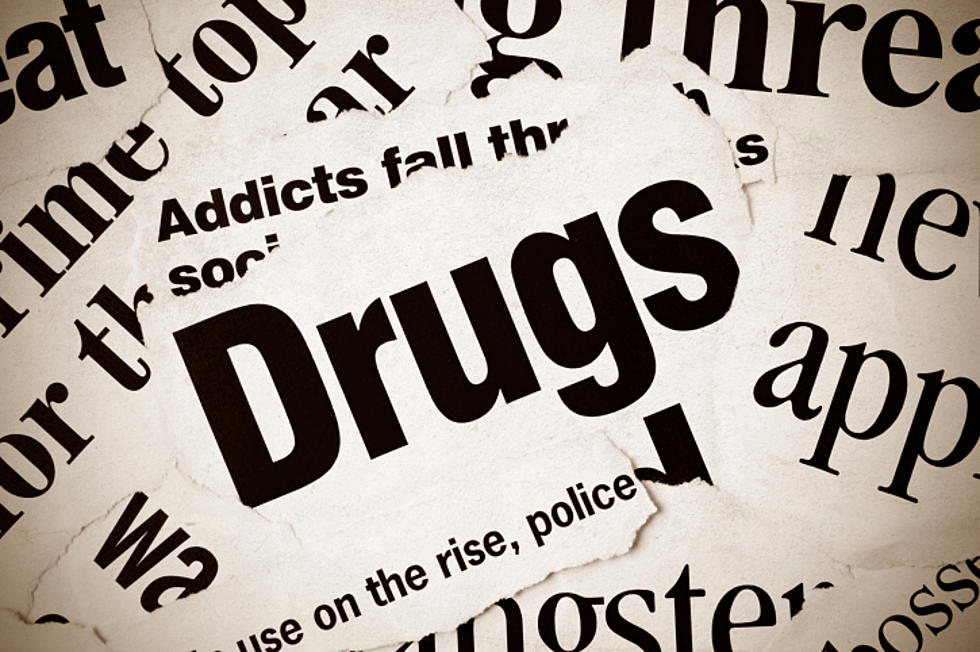![Drugs and Alcohol Damaging Tens of Thousands in NJ [AUDIO]](http://townsquare.media/site/385/files/2013/04/Drugs2.jpg?w=980&q=75)
Drugs and Alcohol Damaging Tens of Thousands in NJ [AUDIO]
New Jersey is in the process of requiring substance abuse treatment to non-violent offenders, but the state's drug and alcohol problem doesn't stop there.
According to the Governor's Council on Alcoholism and Drug Abuse, the state is experiencing an addiction treatment gap of 50,000, representing those who have sought treatment but were unable to access it due to limited capacity.
"That is an historic problem, not only here in New Jersey, but really across the country," said John Hulick, the council's Executive Director.
Hulick said that issue will initially be addressed through the mandatory drug court legislation that is being phased in over five years. The bill was signed into law by Governor Chris Christie last July.
Also, in the near future, the council is launching an effort to develop a "blueprint" for a drug-free New Jersey. Hulick said the initiative will analyze New Jersey's current system of addiction care and what it should look like by the end of the decade.
Treatment centers in the state handled approximately 72,000 admissions last year, but a solid number of them were repeat visitors who relapsed after being discharged from treatment. Hulick recognized the trend as another pressing issue and one that will also be included in the upcoming blueprint.
"Part of how we ensure success is looking at addiction as a chronic illness and not just an episodic one," he said. "Not just looking at acute care in terms of the treatment stay, but building support for the long-term."
A measure approved Monday by an Assembly panel would require health insurers to provide the same levels of coverage for a broad array of substance abuse addictions as they do for treating other diseases. Coverage would include inpatient programs, outpatient care, detoxification and treatment by a physician or other licensed healthcare professional, under the State Health Benefits Program and the School Employees' Health Benefits Program.
"We must require insurers to provide coverage to individuals suffering from drug addiction and alcoholism," said Assembly Democrat Patrick Diegnan. "The time to act is now. It is inexcusable to delay coverage while putting at risk the lives of thousands of New Jerseyans who are suffering from addiction."
More From New Jersey 101.5 FM









